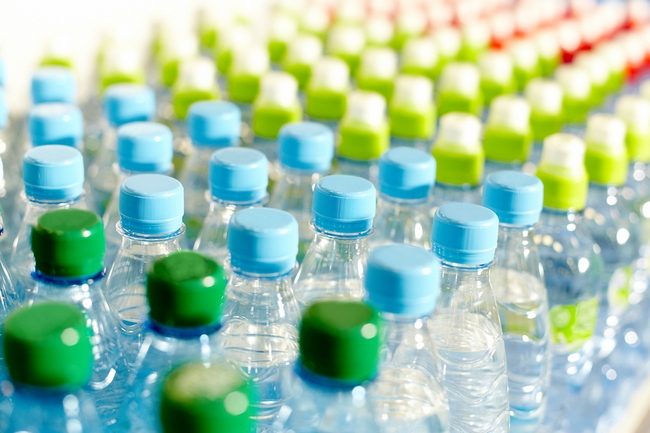- Make It Yourself Lavender Heart-Shaped Bath Bombs!
- 20 Things You Never Knew About “Down There”
- 12 Best Foods For Those Suffering From Arthritis Pain
- 12 Personal Hygiene Mistakes Almost Everyone Makes (Mom Never Told You About #4!)
- 15 Medicinal Plants And Herbs From The Cherokee People
- 12 Mind-Blowing Benefits Of Drinking Coconut Water During Pregnancy
- 12 Outstanding Winter Foods That Won’t Fatten You Up Like A Christmas Turkey
Are Plastic Bottles Messing With Your Health?

Photo credit: bigstock.com
Plastic containers for beverages and food are so ubiquitous that we hardly even notice them. We simply take it for granted that when we buy a soda or water it will be sold in a plastic bottle. So, it isn’t difficult to realize upon a few minutes of reflection that we are being exposed to a lot of plastics in our daily lives. This probably does not register as a problem to most of us. Why would it? We’ve been using them our whole lives and to most of us, they are simply a convenient way to transport and store edibles.
New research has shown however that plastics pose many risk to both your health and the environment as a whole. This article will make the case for why you should seriously consider limiting your use of plastics with regards to food and drink and replace them with other materials.
Plastics and the Environment
Let’s talk about the environmental effects of plastic bottles and containers first. Simply put, plastics = trash and lots of it. Due to decades of social conditioning, people living in developed countries generally accept that they shouldn’t simply throw trash on the ground, including plastics. People learn that they should at least make an attempt to recycle it or throw it away. This doesn’t mean it always happens, but people generally know that it is irresponsible to litter.
However, even if you do the right thing and throw your plastic water bottle in a proper container, let’s consider where it ends up after that. If you put it in the trash, (and trash containers are much more widely available than recycling containers), it is going to end up in a landfill. Out of sight, out of mind, right?
Here’s the problem: Plastic bottles take about 1,000 years to decompose! In the United States alone people throw away nearly 60 million plastic bottles a day. As you can see, this starts to build up very quickly. Landfills are overflowing with plastic bottles which have been used once and discarded which shortens the life of a given landfill and requires the construction of more.
And of course, many plastic bottles don’t end up in a recycling plant or landfill at all. An enormous amount of plastic ends up in the ocean, which kills an estimated one million birds and 100,000 aquatic mammals such as dolphins each year.
Continue to Page 2

































